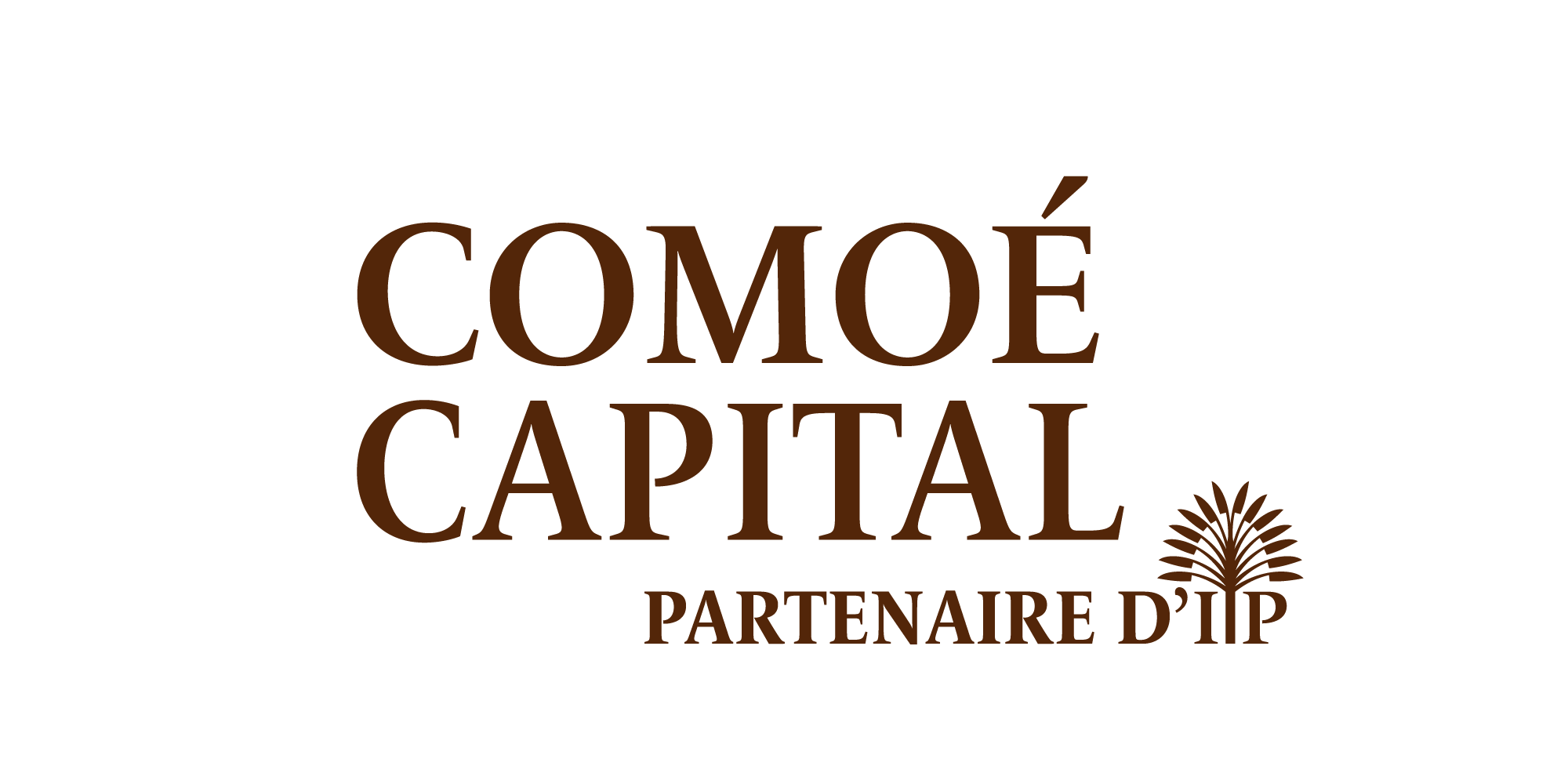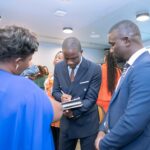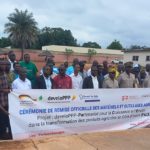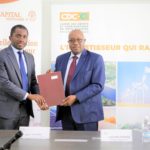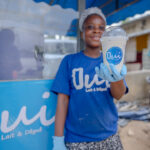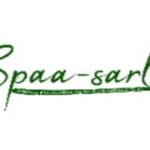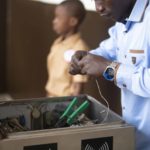Have Ivorian SMEs been sufficiently prepared for the health and economic crisis? What are the impacts of the health crisis on entrepreneurship and investment? How to support companies in their growth project? Daniel Djama, investment officer at Comoé Capital, gives us some answers.
Could you tell us a few words about Comoé Capital?
Comoé Capital is the 1st investment fund dedicated to SMEs in Côte d’Ivoire with investment tickets from 20 to 300 million FCFA. We offer equity financing with minority stakes over investment periods ranging from 4 to 7 years. We provide assistance to acquire new markets and to develop the company.
Has the covid-19 crisis had an impact on your interactions with your portfolio companies?
During this period, we intensified our exchanges. We gave them all the information about the disease because not everyone is at the same level of information. We were very careful.
How have portfolio companies been affected by the crisis?
We are a cross-sector fund, so the situation has not been uniform. For some companies that have relations with outside the country, we had to adapt to our legislation and the legislation of other countries, we had to find the right balance.
For companies in education, we had to observe big cash flow tensions At the same time, we are an impact fund and our objective is to save jobs. Behind every job there is a family. Other companies had bet on a certain type of model, especially in education, which resulted in successful full-scale tests.
What measures have you taken to support companies during the crisis?
We have taken a number of measures :
(1) We are making sure that we share as much information as possible to limit the spread of the disease.
(2) We also helped to reorganize the work plans of certain companies.
(3) We have made masks and hydroalcoholic gels available to our partner companies.
(4) For some companies, we were able to obtain support funds in partnership with the Jacobs Foundation or the European Union so that they could have additional financial resources to adapt their model and get through the crisis. Today, 50% of our portfolio benefits from the I&P Acceleration in Sahel , where part of the budget is dedicated to supporting the companies most affected by the crisis. These support funds range from 1 to 10 million FCFA per company.
(5) For other companies, we have set up a delayed refund system. In addition, for some of our investments, we have had to make a combination of equity and quasi-equity investments.
How has the covid-19 crisis impacted your business?
The health situation has really slowed down our prospecting activities. We have to meet with a number of companies to find those that match our investment criteria. We had to find another way of prospecting, including phoning. We also carry out our first meetings by videoconference (Zoom, Teams). The adaptation time has been delicate even if today, this way of doing things has been in our interest.
What types of complementary support are needed, from public authorities, other actors in the ecosystem… to help entrepreneurs?
I think that this [health] situation should lead us to support companies in defining models that truly take into account operational risks. For any of the activities we’ve been able to finance, the operational risk part should perhaps be a little more advanced: we need to integrate any exogenous risks into the strategy design. These are things that do not depend on us, but in the event of a shock, we have to be able to reinvent ourselves right away or have a potential back-up solution.
